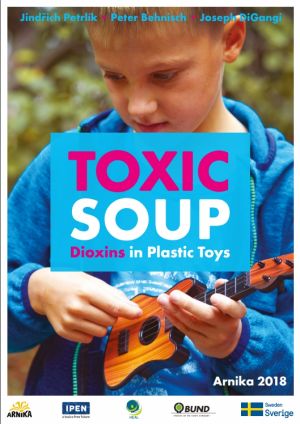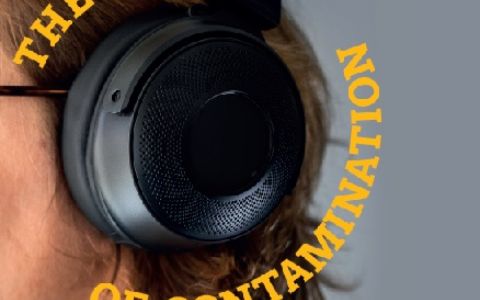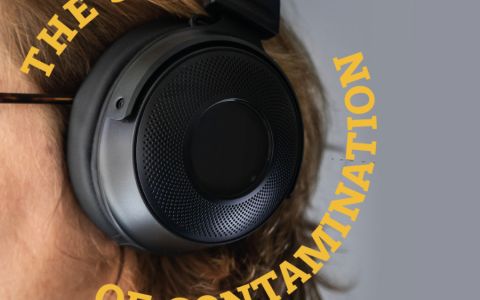This study found significant levels of toxic brominated dioxins (PBDD/Fs). PBDD/Fs are as toxic as the better-known chlorinated dioxins and furans (PCDD/Fs). In addition, PBDEs and PBDDs/Fs are endocrine disrupting chemicals, which may impact hormone levels in children through dust and toys. They can, for example, affect brain development, damage the immune system and fetus, or induce carcinogenesis.
Read the related press release (22/11/2018)
Introduction
Progress in scientific knowledge and efforts to protect consumers, as well as public pressure, are contributing to restrictions of toxic chemicals in consumer products. Mouthing toys for children, food contact materials, and kitchen utensils belonging to products that are regulated in Europe. Nevertheless, there are huge legislative loopholes ignoring contamination of those critical items by the class of chemicals known as persistent organic pollutants. POPs are considered unmanageable due to their persistence, bioaccumulation, long-range transport and toxicity. The Stockholm Convention is a legally-binding global treaty that seeks to protect human health and the environment by reduction and elimination of POPs. The treaty's list of 28 substances includes brominated flame retardants (BFRs) commonly used in plastic casings of computers.







